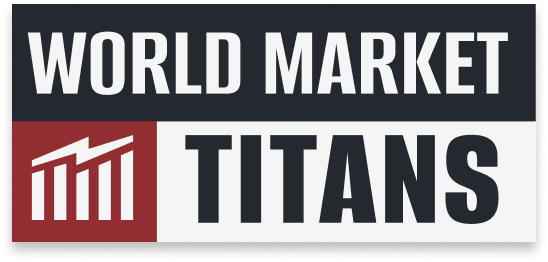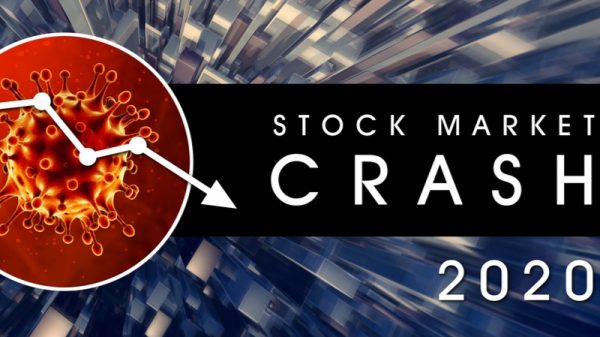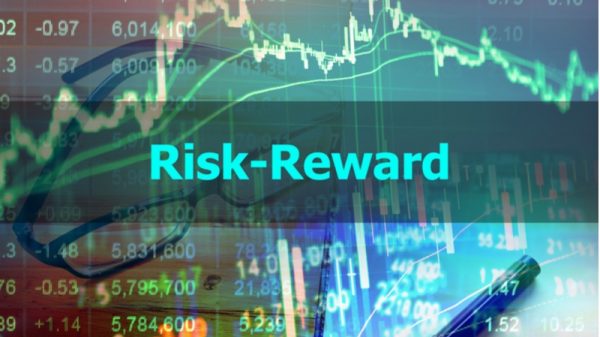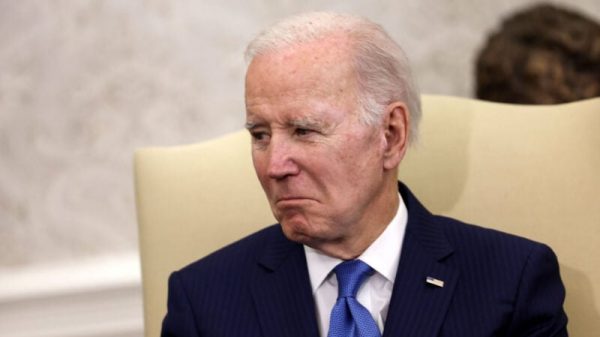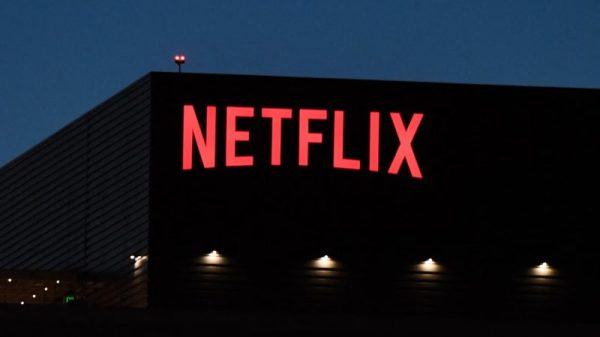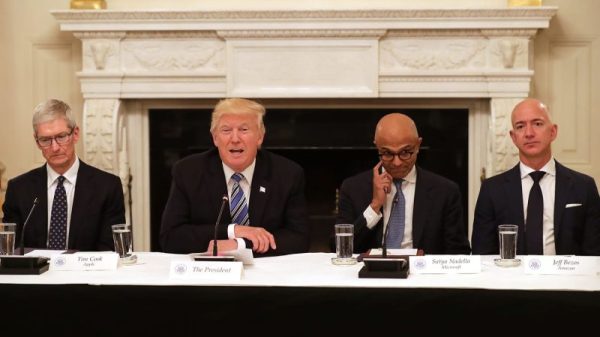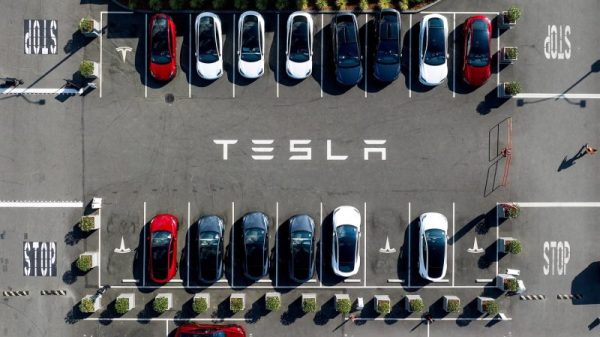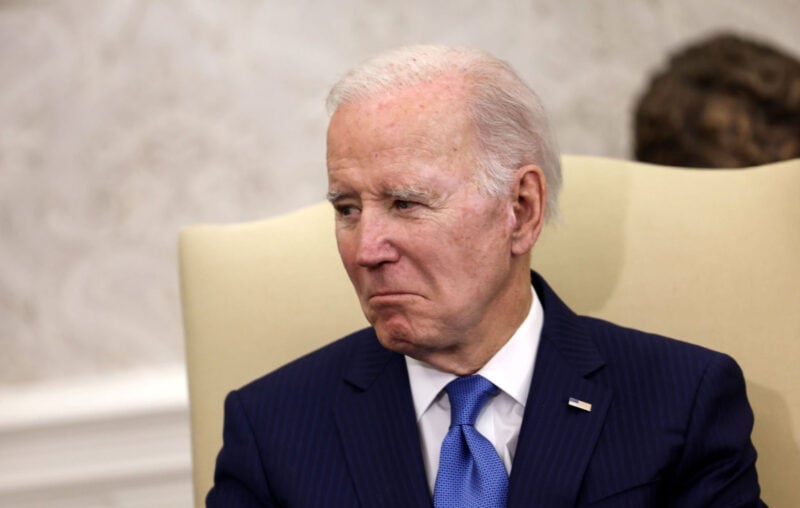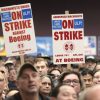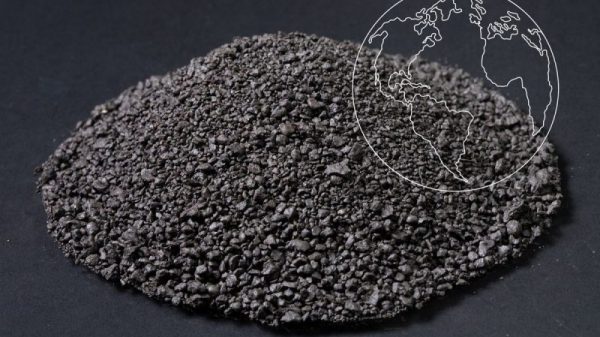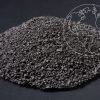In words seemingly echoing his predecessor, President Joe Biden highlighted his “buy American” initiative in his 2023 State of the Union Address last week.
“When we do these projects, and again I get criticized for this but I make no excuses for it, we’re gonna buy American,” Biden said. The new rules will require materials such as lumber, glass, drywall, and fiber optic cables to be sourced domestically. “And on my watch, American roads, American bridges, and American highways are going to be made with American products,” he added.
Specifically, Biden was referring to standards included in the 2021 Infrastructure Investment and Jobs Act requiring that funded projects be built using materials manufactured in the US. The day before his speech, a White House Statement set the stage for Biden’s pledge, declaring that the Biden-Harris administration is working to ensure “materials for roads and bridges, airports, transit, rail, water, high-speed internet, and clean energy infrastructure are made in America and support American jobs.”
While such initiatives tug at the patriotic heart strings of workers who are convinced such efforts will “save” American jobs, clear-headed analysis shows us why they actually do more harm than good.
The result is that American taxpayers are forced to pay more for less. Excluding potentially cheaper and better imported inputs means fewer bridges, airports, and other infrastructure are made with a given amount of taxpayer dollars. As the New York Times’ Peter Coy writes, “If the American-made products were cheaper, better or both, there would be no need to force agencies to buy them. They’d be the natural choice. So either the requirement is harmful to the customers in the federal government and, by extension, taxpayers, or it’s superfluous.”
But what about all those American jobs being propped up by “buy American” efforts?
According to Livia Shmavonian, the White House made-in-America director, “The President believes that when we spend American taxpayers’ dollars, we should support American workers and businesses. Making more products at home creates manufacturing jobs, strengthens supply chains, and helps lower costs.”
Here we can channel Frederic Bastiat, who reminded us more than 150 years ago to not just take into account the easily visible effects of a policy, but those that are more difficult to detect. The Biden administration can readily tout American jobs supported by the taxpayer funds being directed to the various domestic manufacturing and construction firms. That is the easily “seen” result.
But more funds being tied up rewarding domestic firms for infrastructure projects means less funds available for other government projects that would utilize workers in other lines of employment. More importantly, however, is that more money being spent than necessary on these government infrastructure projects means more money taxed, borrowed, or inflated out of the economy.
Higher tax bills mean taxpayers have fewer funds to spend on restaurants, clothing, technology, and other items. If the government borrows the additional funds, that leaves less capital available for market entrepreneurs to invest in their businesses. If the additional funds are created out of thin air by the Federal Reserve, the resulting price inflation diminishes the purchasing power of savers and consumers, forcing them to cut back on their purchases. Whichever means chosen, the result is a contraction of other domestic industries leading to jobs lost elsewhere. These are the harder to detect, but no less real, “unseen” impacts Bastiat warned us against.
It’s fiscally irresponsible for government to require or otherwise create protectionist measures to favor the domestic production of goods that could be acquired cheaper elsewhere. Elaborating on this point in his book “Economic Sophisms,” Bastiat used France’s options for providing cloth to consumers.
“France has two ways of providing itself with a given quantity of cloth. The first is to manufacture it herself; the second is to make something else, and to exchange that something else with foreigners for cloth. Of these two ways, which is the better?” he asked.
“Is it not that which, for a given amount of labor, yields a larger amount of cloth? The law that bans foreign cloth thus determines if France wants to have cloth, she must make it herself, and prohibits her from making that something else with which she could buy foreign cloth,” he continued. The protectionist law being referred to by Bastiat here “prohibits” France from making “that something else” because so many resources are tied up making cloth that there are none available to make that something else.
And because that “something else” would have required fewer resources, including labor, than cloth, it guarantees “that for a given quantity of labor France shall have but one meter of cloth by making it herself, whereas for the same amount of labor she would have had two meters by making something else (and trading it for foreign-made cloth),” Bastiat concluded.
“Buy American” measures no doubt appeal to those in the industries who will benefit from the protectionist laws, along with those solely fixated on the readily “seen” impacts. But paying more to produce goods domestically that could be acquired cheaper from elsewhere, wastes resources, kills jobs in other industries, and makes us poorer as a result.
